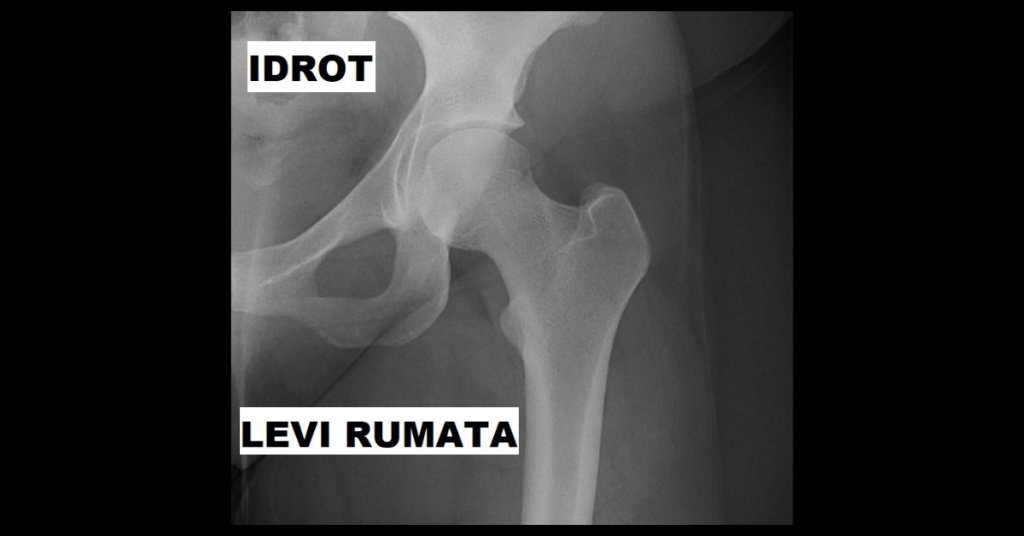[ WALL LIFE ]
In the new curved shapes to come, how we’d imagined the arrival at a monument – something we’d rehearsed many times in anticipation of a disillusionment we’d known then only as some vague, signless desire – it was not as we could have guessed. There weren’t accompanying gestures or sightings of ectoplasm at the old cement factory. It turns out that, for much of our searching, it had been around. Like a landscape pulling apart stretched seethrough thin, so much so we were passing right with it. Screenprinting. On the house that still had its xmas lites up, we noticed how the bulbs that had for two seasons been flashing closed faulty lengths of its strand into a nitely eyesore was signaling just fine now. You were saying how you’d crashed your dad’s car and how it was no big deal. It’s been years. And so there was plenty of time to get to know the inside of the monument, standing in the same spot. Timeshare. There had been furniture. We’d hauled the furniture out to the curb. We went a while without furniture and then eventually in increments we’d accumulated other furniture. New and different furniture from the furniture we’d hauled to the curb, but not so different that it wasn’t furniture. And all this time we’d covered up our nakedness with cloth.
[ CIRCLE ]
At the identification olympics our source says he’s pioneered backward modular projection. There have, he says, been offers from sponsors. Patrons they used to be called. Grants as well they say sometimes. Something done presumably to mutual benefit. An agreement to enter into that form of social engineering, the business of presenting new linkages. Strategically. Gracefully imprinting an action with the flourish of signature. One’s mark at once removal and a making real. When you cut out a piece of wall to make a door you’ve created both the passage and the door itself. A hoof is half ground. An idea is born and dies if it can’t get its jigsaw wet enough with what’s at hand. Institutional codes. But at the other end there’s the quota of inner bridges. I live, says our source, above the reptile shop on Division Street, and some mornings I like to wake up early and buy flowers at the little place next door. I take them back upstairs to my apartment and I burn them to keep warm.
[ COMMUNION ]
Is this where I sign up for enlightenment? asked the false orphan. All around him the other patrons of the tavern glared. They knew who his father was and they liked him. He was nothing like his father. Unlike his father he’d fathered no children. Even in strange places, places he’d never been, like this one, the townsfolk seemed to know. Word travelled as fast, at least, as he did. Finally he’d arrived at the exact place, now, that he wasn’t, and as such felt should be able to sleep the sleep of a destroyed god. He makes his way over to an open table in the middle of the room amid the rising murmurs. He takes from his rucksack the sack of dead batteries he uses as a pillow. In his condition, there’s the cheapest thing on the menu and then there’s how much he’ll pay for it.
[ LOCUS ]
A basement or a garage is no place for modesty. The best decisions are left out in the street the way you might remove your shoes in a home with nice rugs. Even the consciousness of choice as such, the casual wielding of one’s sword to separate according to taste or inclination one thing from another. Even that demands forgetting. It hardly matters whether the space in question is under the house or adjacent to it. Fundamentally, it’s both, the prefixes of designation loosening their hold, slipping. Stripped to the root of being thrown, the arc describes our narrowing orbit. The resulting convergence sans intention is what gives birth to the room. It’s base age, and also it’s garment.
[ EXHIBITION ]
Our sciences were on display. Laid out across the gymnasium in a great tangle, its hallways and staircases indifferent to where they deadended. We give the order to seal up the cul-de-sacs, domed underwater cities, a lock-in at the skating rink. On this particular screen you can observe live in real time the activities of those most distant from you. You provide commentary. In order to succeed, it needs to breed more of the same. And perhaps one day it will, all dressed up in ribbons and recited. For now we stack the chairs. We fold the tables. We polish up our silence and the lock on its box. We take off our clothes at the block party and meditate in the center of the parking lot. We stack the parking lots. We feed mistakes into the apparatus, prep the disquisition. The vivisected image nostalgic for the defiance of form.

